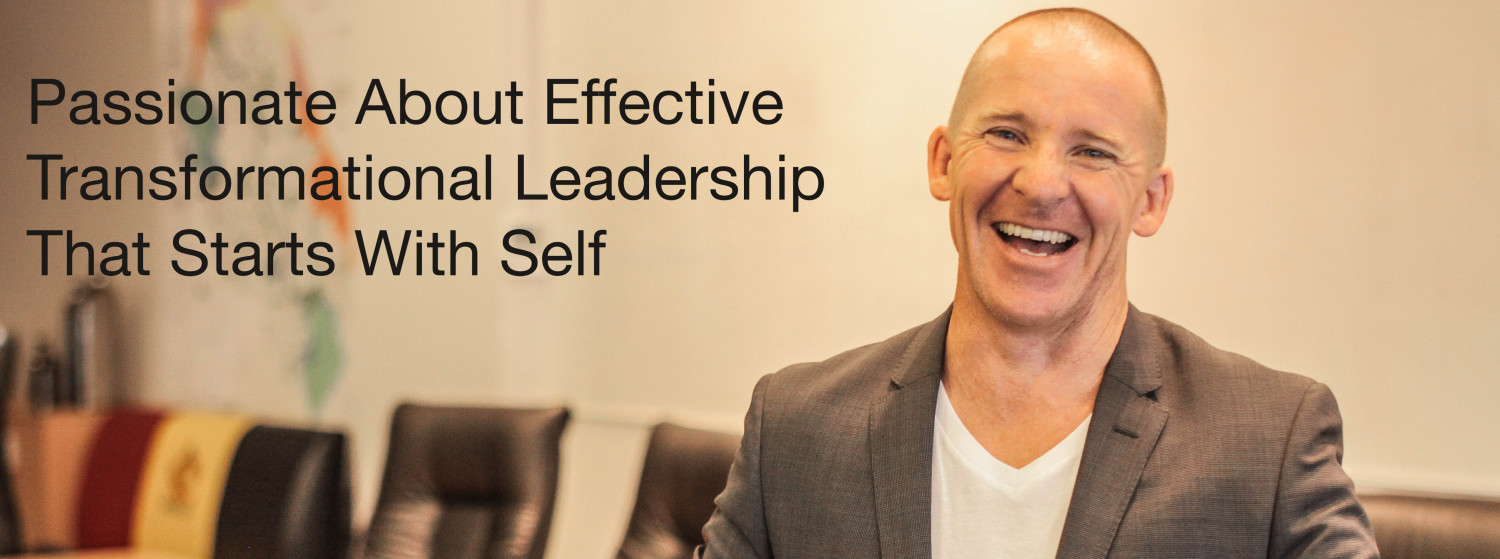
Parents try in vain to speak to their teenagers but nothing gets through. Perhaps the teenager may be suffering from a condition called ‘Annoying Auditory Gap Hell’, aka “aargh”. This is not a new condition but prevalent amongst teenagers. It is due to the small empty space that exists between their ears and the thinking part of the brain. They can audibly hear but the information cannot transition to their thinking part. I contemplated taking my teenagers for a medical assessment but the condition often rectifies with age. However, sadly, there are some people who never grow out of it.
You may have heard the quote “what do parents know anyway“. Generally quoted by some exasperated parent trying to deliver a pearl of wisdom on their resistant teenagers. Research has indicated that the ‘aargh’ gap is filled with two impenetrable substances called ‘A’ and ‘B’ fillers. The former being the Assumption Filler and the latter being the Behaviour Filler. Teenagers are convinced they are right and there is nothing you can tell them that will convince them otherwise. The ‘A’ and ‘B’ fillers block new ideas and behaviours from being adopted by causing them to be totally convinced they are right. It is sad to see them suffer from ‘aargh’ and medically it appears to be untreatable.
Unfortunately, it is not uncommon to relapse and occasionally suffer from brief bouts of ‘aargh’. Those moments where you are unable to receive new knowledge because you held on to a thought that you refused to relinquish. Recovery is normally identified with the statement “if only I had listened to…” followed by the name of the older person who gave you some advice. If you cannot identify a relapse, you may be suffering from ‘aargh’ right this very moment.
The Cure to aargh is ‘Letting Go’
I lived in Africa for a portion of my life. There some tribes used a unique method to catch monkeys by hollowing out a plant similar to a pumpkin, filling it with a delicacy and then leaving it tethered to a tree for a monkey to find. A monkey would reach in and grab the desired delicacy and be trapped because the hole had been deliberately made just big enough for a flexible hand to enter but not for a closed fist to leave. In short order, the monkey went from getting his dinner to being someone else’s dinner.
Clearly it was not the pumpkin that was trapping the monkey. Rather the true trap was in the monkey’s own mind, the monkey’s greed, the monkey’s attachment to his perceived treasure. The monkey’s unwillingness to “Let Go.”
The concept of ‘letting go’ has been part of most wisdom literature and spiritual disciplines. Regardless of your background, you may have heard of concepts such as ‘letting go’, ‘emptying yourself’ and ‘surrendering’. Without ‘letting go’ we can often get stuck and fail to transition into a new stage of life. Some people trap themselves and never grow out of ‘aargh’. They create their own predicaments? Where ‘Letting Go’ would actually free them from what is holding them back.
Vulnerability the hurdle of ‘Letting Go’
If you are like me ‘letting go’ is easier to write about than to do. I’ll be honest, I like my ideas and I do what I do because it is comfortable. I don’t like the feeling of being vulnerable and letting go of the familiar to learn something new. It may be esoteric and wise but sometimes I want to stay with what I know.
There may be something holding your life back in an area of business, relationships or leadership that can be overcome by ‘letting go’. Ensure you do not suffer from aargh by assessing two key areas.
-
Assumptions aka beliefs.
Challenge yourself to challenge an assumption. It is in times of ‘letting go’ of assumptions that we feel vulnerable but the possibility of an idea or insight can only be grasped when we loosen our grip on tightly held assumptions.
History is filled with breakthroughs where assumptions were swapped for a new insight. Whether it was the assumption of a ‘flat earth’ or that man could ‘not fly’. Assumptions that are challenged lead to breakthroughs. Letting go of assumptions often leads to new insights. The challenge is to embrace vulnerability and uncertainty as you pursue a new perspective.
Key Questions: List three for each
- What assumption are you ‘holding on to’ that is holding you back?
- How could you see one area of your life differently?
-
Behaviours aka Actions.
“Well, that is the way it has always been done” is a key indicator of a behaviour or process that needs to be challenged. Habits are wonderful mechanisms that help us engage in activity without taxing our thinking. Yet sometimes our habits need a shake up and new behaviours need to be adopted to get new results.
Key Questions: List three for each
- What one behaviour can I stop doing?
- What new behaviour can I adopt?

Please note: I reserve the right to delete comments that are offensive or off-topic.